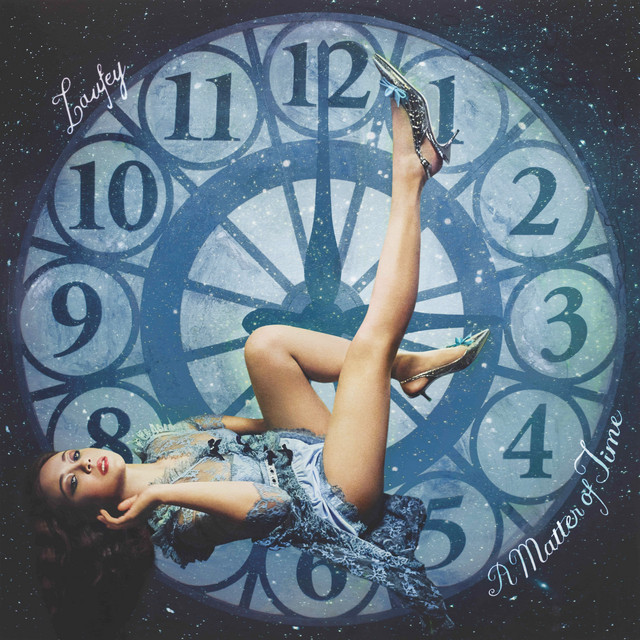Appropriating ’hood culture’ to make a buck
In order to rise to stardom, rappers make content about a life of struggles that they’ve never experienced.
More rappers are resorting to lying for sales.
Feb 25, 2020
Hip-hop and rap music has been around since the 1970s.
Urban youth and people of color were treated as a marginalized community, so they used their unique sound as their form of expression.
Little did they know their musical form of protest would give birth to a genre that brings people together 50 years later.
It seems that there’s a new up-and-coming hip-hop or rap artist every week. We barely get the chance to experience a new rapper long enough before a different artist makes a hit record and claims their fame.
Experiencing struggles in everyday life is a common theme in the rap genre, which is not much different than the musical message of New York in the 70s. Growing up in poverty and gang violence are recurring themes.
The drive and ambition these artists present is inspiring, but the stories they tell through their music has less meaning if the stories are fake. I prefer to listen to rappers who are sincere about their past and their upbringing. Nowadays, there are rappers who claim to have come from the ’hood or the streets, but have never experienced the harsh reality of coming from such unfortunate backgrounds.
Lying about experiencing real struggles only diminishes the meaning of rap culture.
Hip-hop was created to give the marginalized community a voice, not as a platform for privileged individuals to lie their way into a music career. Such misrepresentation is a form of disrespect.
The lies some rappers tell through their music is a deprivation of opportunities for authentic artists, according to 17-year-old rapper Layla Williams.
“If you gotta lie about what you do, where you’re from or what you’re going through then you don’t need to rap,” Williams said.
“It’s unfair to the people who are living the life they preach about or the ones who are actually speaking the truth about the pain they are enduring. That’s called Rap Cap, a big no in the music industry. Nobody wants to hear somebody capping in their raps, the media wants to hear all facts,” she explains.
Nobody wants to listen to music about growing up wealthy or being born with a silver spoon in their mouth. Even if they can’t relate, people would much rather listen to music about working hard to overcome their life obstacles and working their way to success by any means necessary.
One reason the exploitation of urban culture and community has been normalized is that it boosts sales. Consumers are drawn to the music they find most relatable. Some artists find it easier to capitalize off of urban culture when they know exactly what their audience is looking for.
Claiming a lifestyle and pretending to have street cred sends the wrong message to audiences and contradicts the music’s supposedly inspirational message.
An artist’s main priority should be perfecting their talent; not falsifying an image in a search for faster fame.
Instead of making music about the violence, drug addiction and poverty that they’ve never experienced, artists should make music that represents who they really are, their values and their authentic message.








